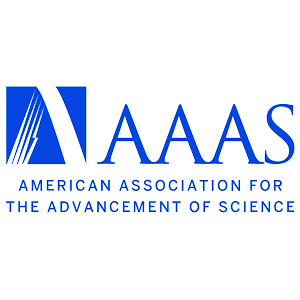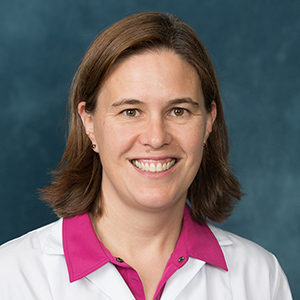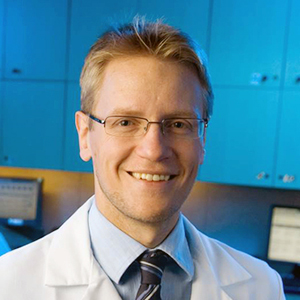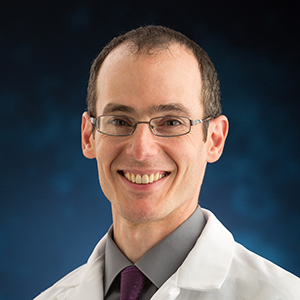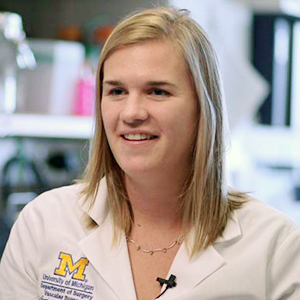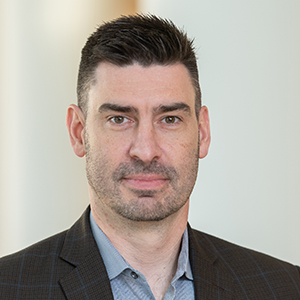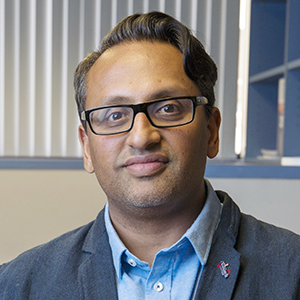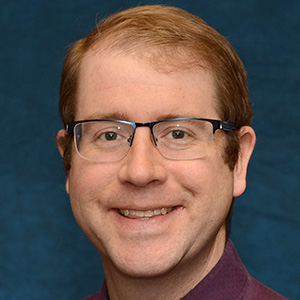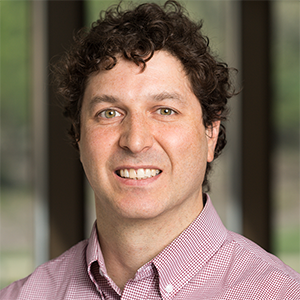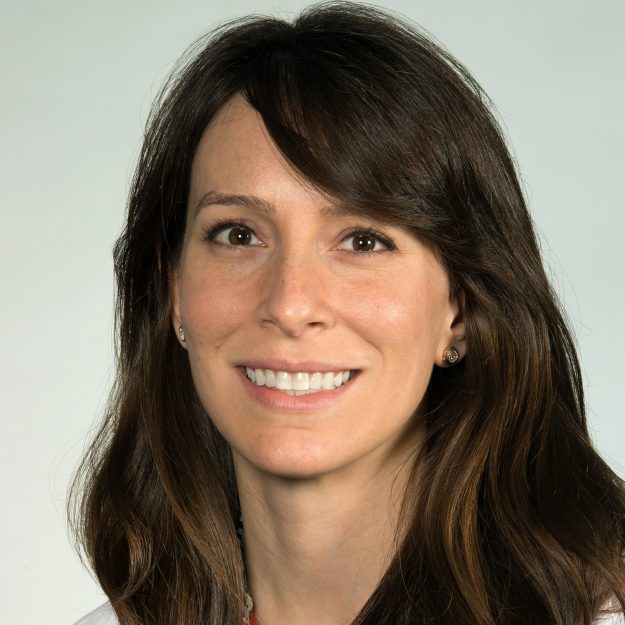Elite society elects Dr. Burant as fellow
Taubman Institute director Charles F. Burant, MD, PhD has been elected to the latest class of fellows by the American Association for the Advancement of Science (AAAS). Dr. Burant, an endocrinologist and physician-researcher, was selected for his distinctive molecular and metabolomic research on insulin resistance, therapy for diabetes and management of obesity combined with stimulation…
